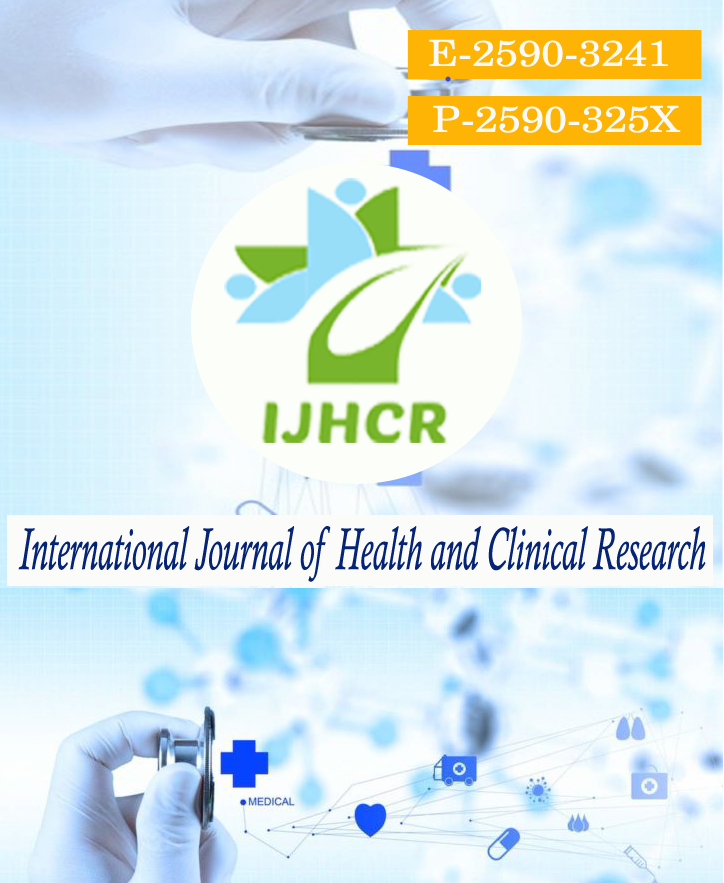
International Journal of Health and Clinical Research
Yazarlar: Gopalakrishna K, Smitul Dave, Aishwarya R, Nagalingam N
Konular:-
Anahtar Kelimeler:Controlled Hypotension,Dexmedetomidine,Nitroglycerine,Functional Endoscopic Sinus Surgery.
Özet: Background: Functional endoscopic sinus surgery (FESS) is a commonly performed procedure for patients with chronic rhinosinusitis. Ensuring a bloodless surgical field improves efficiency and safety during the procedure. Aim: To compare intravenous infusions of dexmedetomidine and nitroglycerine in FESS for quality of the surgical field, hemodynamics, time to first rescue analgesia, and recovery profile. Patients and Methods: This was a prospective, randomized double-blinded comparative study comprising 60 ASA PS I and II patients posted for functional endoscopic sinus surgery. Patients were randomized into two groups of 30 patients each. Group D (n=30) received dexmedetomidine infusion and group N (n=30) received nitroglycerine infusion after general anaesthesia. Both intravenous drug infusions were titrated to achieve the target blood pressure, i.e. Mean arterial pressure ≤ 20 % of baseline or between 55-65 mmHg. Surgical field quality, duration of postoperative analgesia, and sedation score were assessed. Statistical Analysis: The Student’s independent t-test was employed for comparing continuous variables. Chi-square test or Fisher’s exact test, whichever is appropriate, was applied for comparing categorical variables. Results: Patients of Group D had a better surgical field quality, duration of analgesia, better cardiovascular stability, higher sedation scores in the PACU, and an increase in mean awakening time as compared to the nitroglycerine group. Conclusions: Dexmedetomidine intravenous infusion provides better quality of the surgical field, longer duration of postoperative analgesia, and cardiovascular stability as compared to the nitroglycerine infusion in functional endoscopic sinus surgeries.